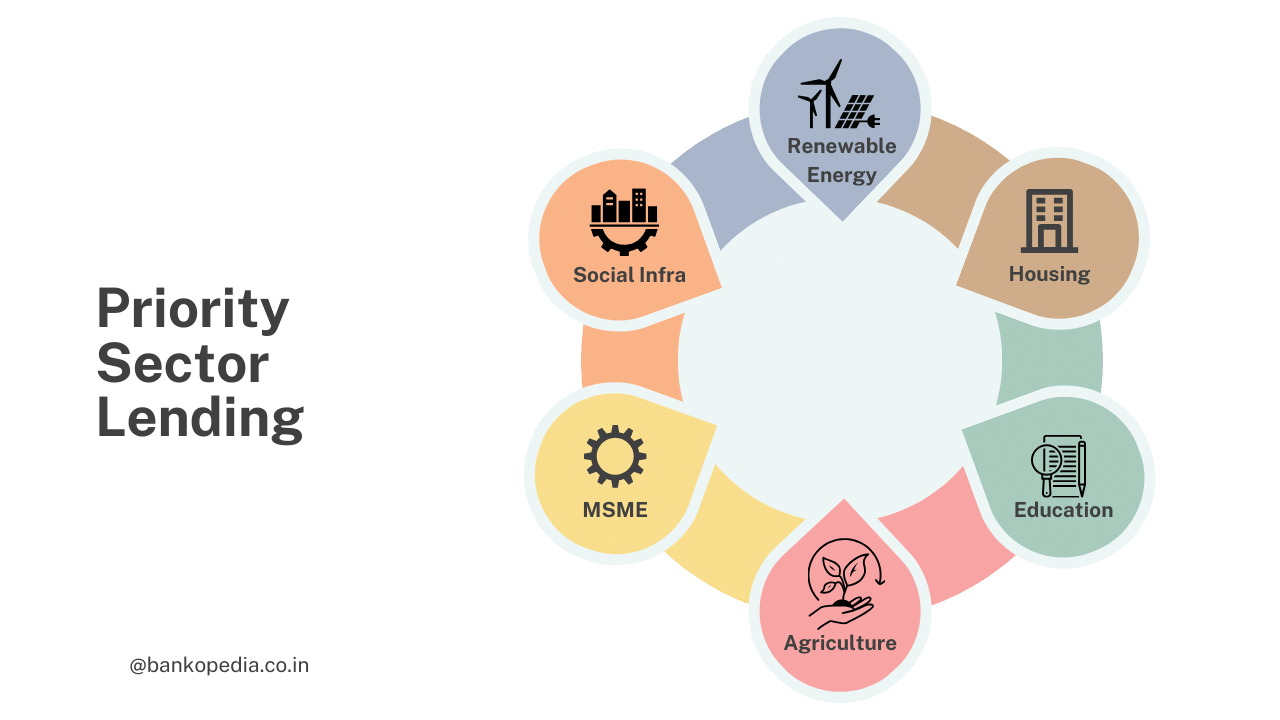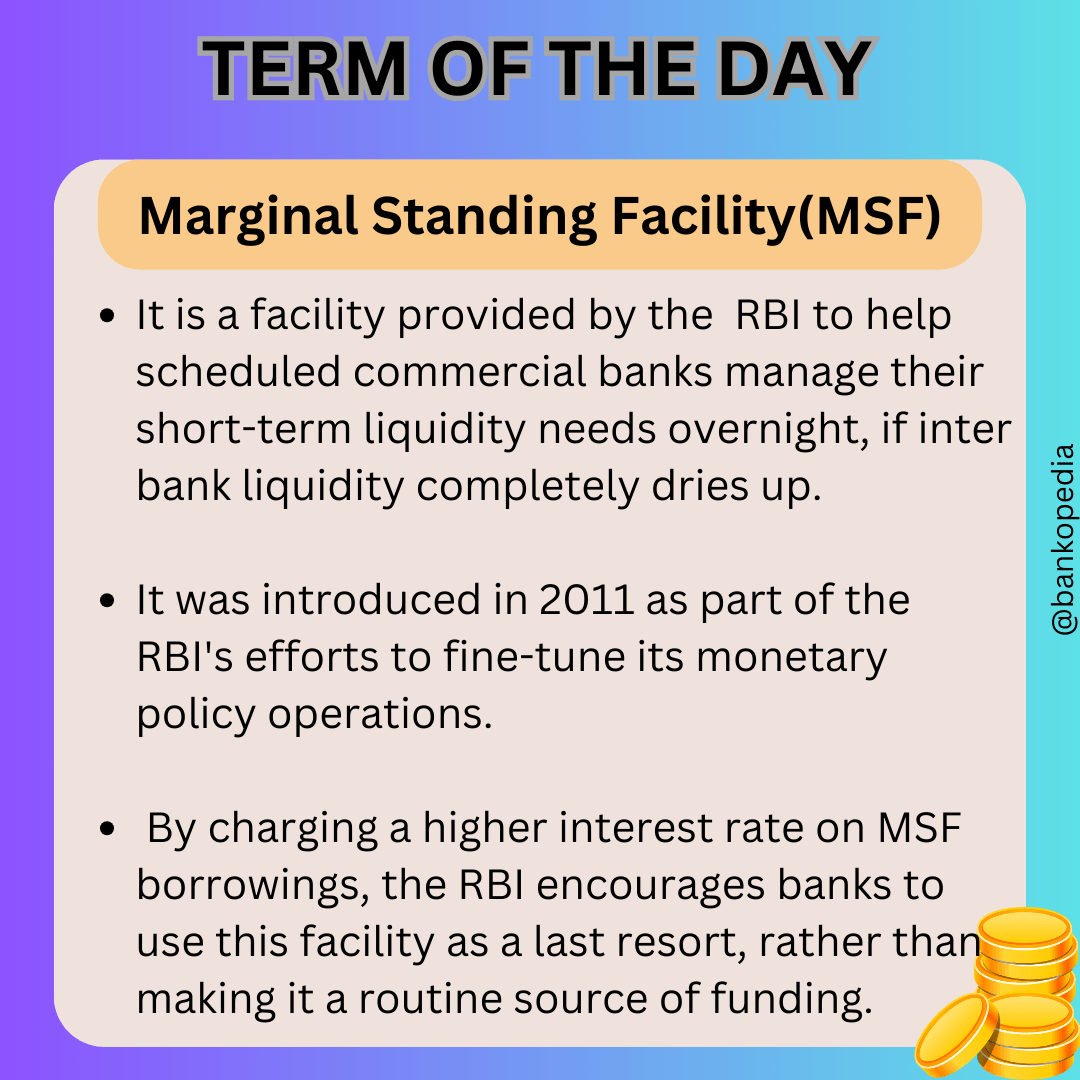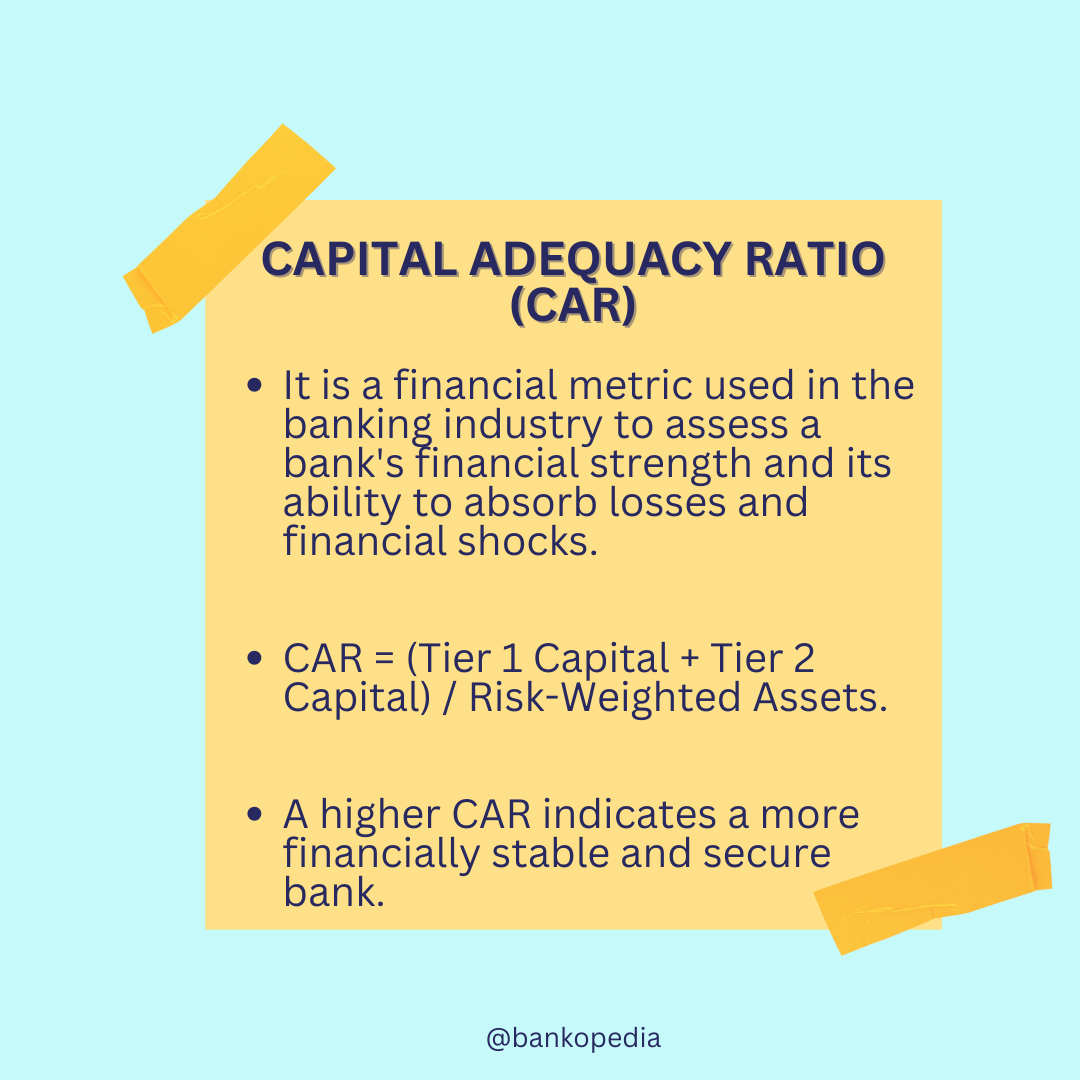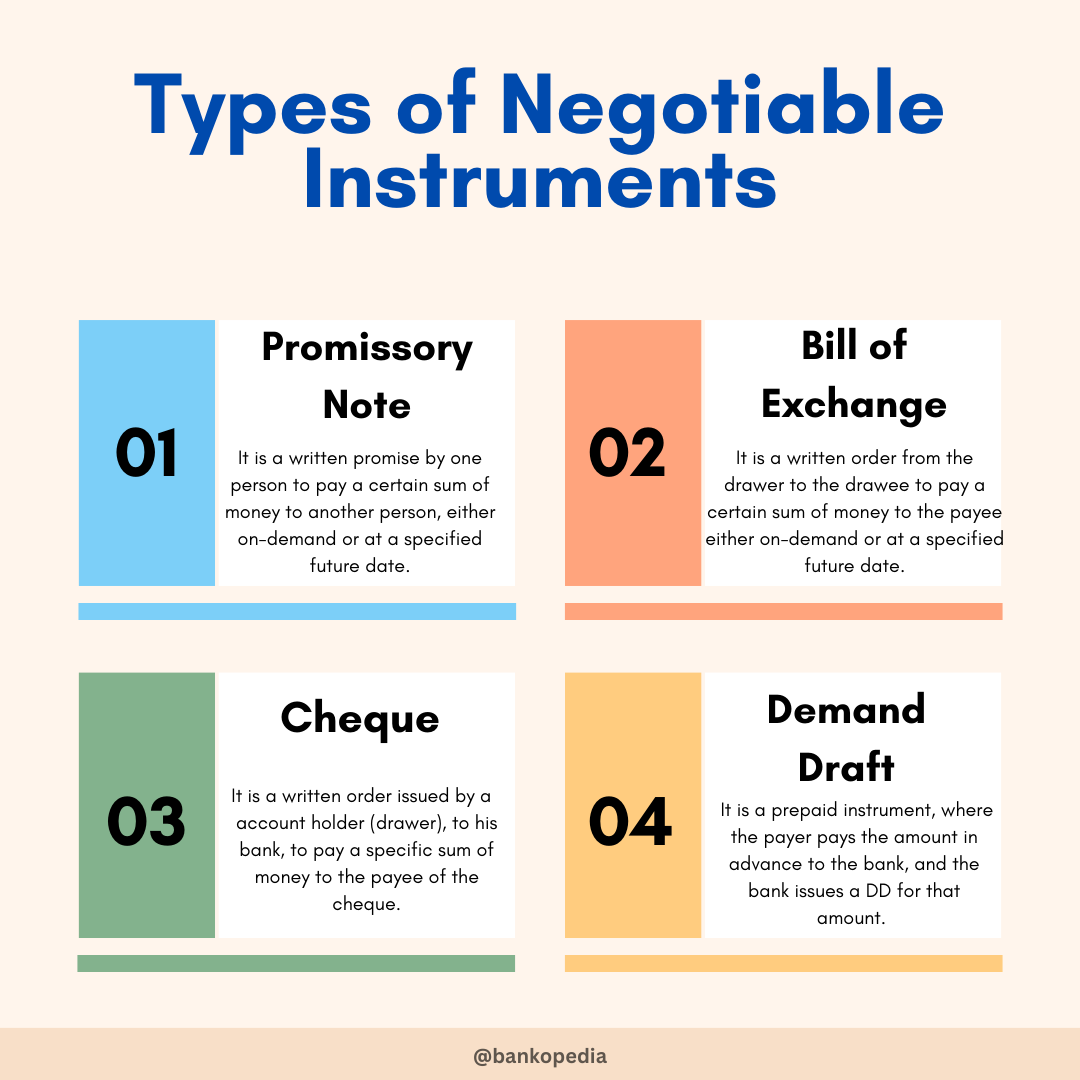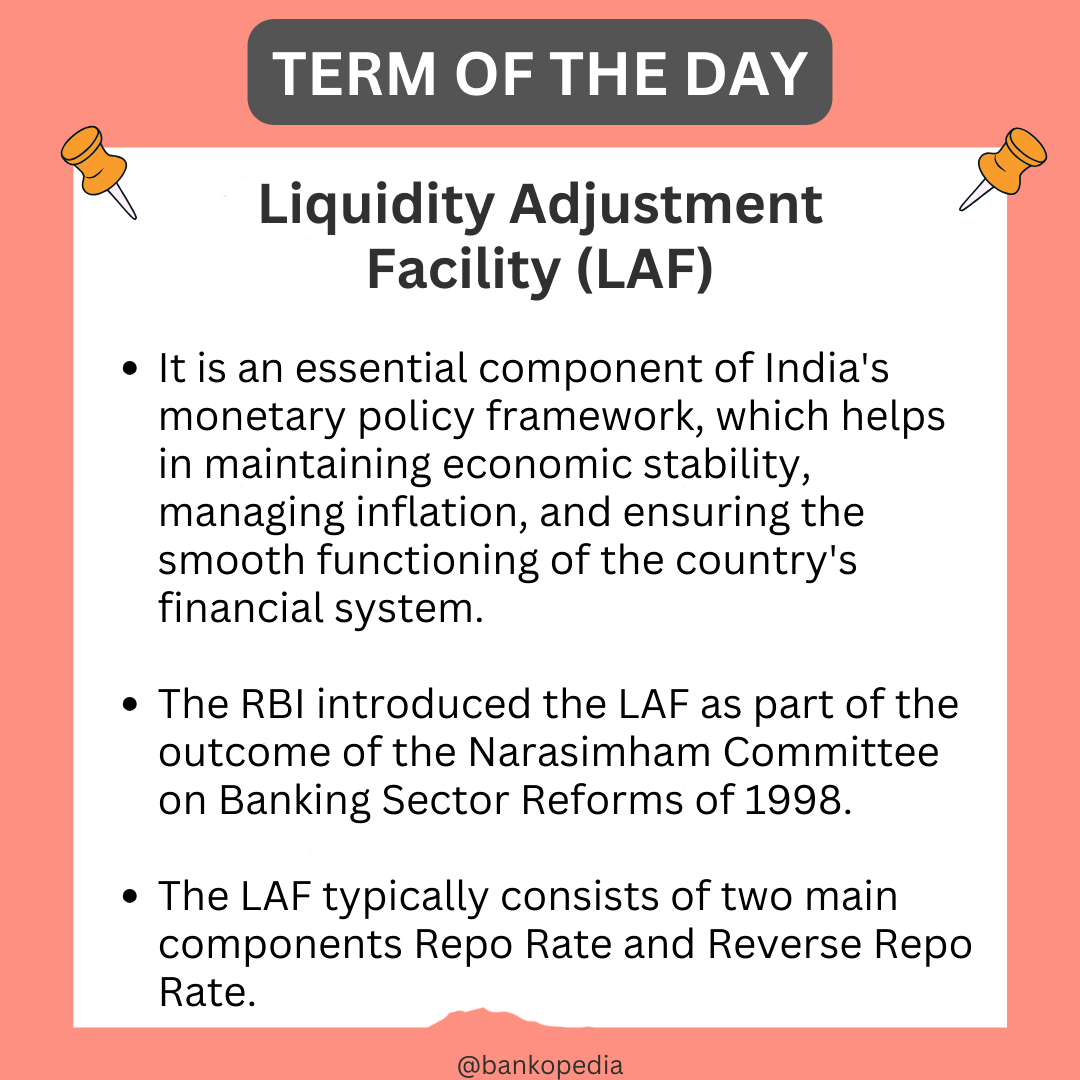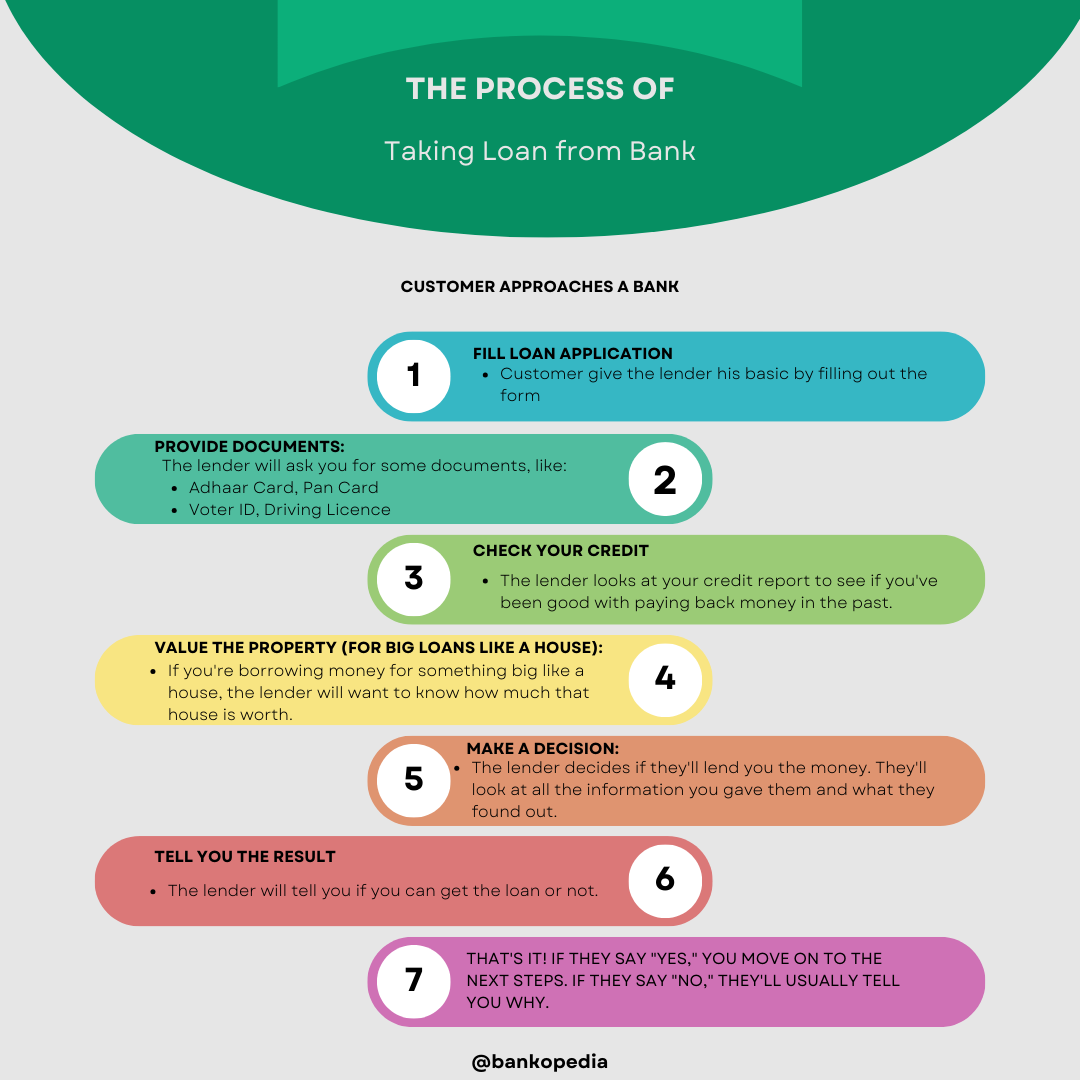Welcome to Daily Banking Digest, your premier source for the latest news and insights on March 13, 2024, focusing on banking, the economy, and finance. Our platform offers a comprehensive overview of the day’s most critical financial stories, market trends, and economic developments. Whether you’re a professional in the financial sector, an investor monitoring market movement, or someone interested in staying informed about the economic landscape, Daily Banking Digest provides reliable, up-to-date information.
Join our Telegram Channel for Daily PDF in your Inbox – Click Here
Table of Contents
Industrial Output Surges by 3.8% in January
India’s industrial production, as measured by the Index of Industrial Production (IIP), grew by 3.8% in January 2024, a slight increase from the 3.2% growth recorded in the previous month. The manufacturing sector, which accounts for the largest share of IIP, grew by 3.2%, while mining and power output increased by 5.9% and 5.6%, respectively.
Key Points:
- Industrial Production Growth: India’s industrial production grew by 3.8% in January 2024.
- Manufacturing Sector Growth: The manufacturing sector’s output grew by 3.2% in January 2024.
- Mining Production Growth: Mining production rose by 5.9% in January 2024.
- Power Output Growth: Power output increased by 5.6% in January 2024.
- Annual Growth: The IIP grew by 5.9% during April 2023 to January 2024, compared to a 5.5% expansion in the year-ago period.
India’s Current Account Deficit Projected to Reach 1.2% of GDP in Q3: Ind-Ra
India’s Current Account Deficit (CAD) is projected to reach 1.2% of GDP in the October-December quarter (Q3) of FY24, a one-year high. This increase is attributed to a decline in exports and a modest decrease in imports. However, the deficit is expected to moderate in Q4 due to signs of economic recovery and a rise in services trade surplus.
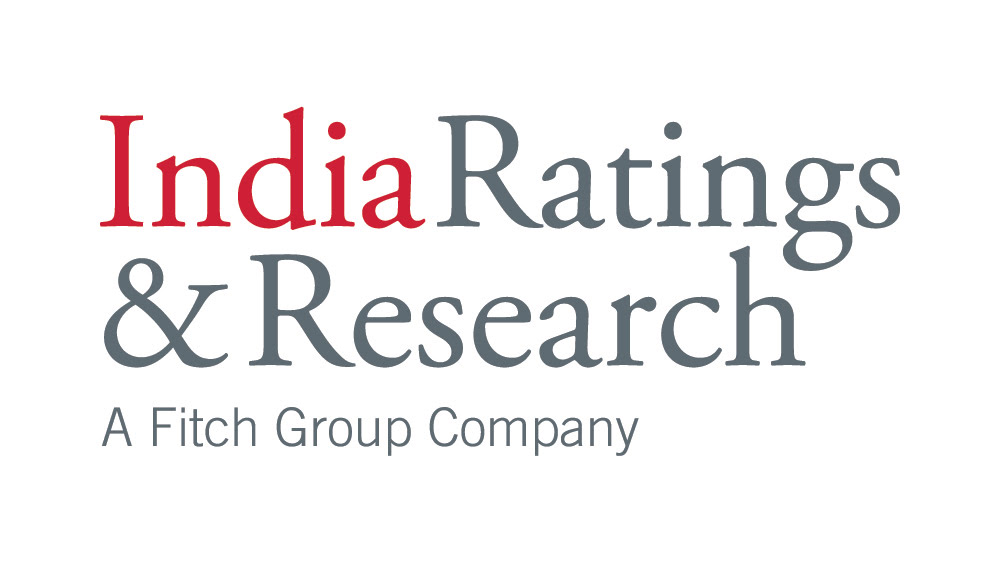
Key Points:
Current Account Deficit: – Projected to reach 1.2% of GDP in Q3 FY24, a one-year high. – Deficit was 1% of GDP in Q2 FY24.
Factors Contributing to CAD: – Decline in exports. – Modest decrease in imports.
Services Trade Surplus: – Services demand remains healthy despite global headwinds. – Services trade surplus expected to reach a fresh high of $47 billion in Q4 FY24.
Global Economic Environment: – Nascent signs of economic recovery. – Global manufacturing PMI expanded for the first time in 17 months in February 2024.
Merchandise Trade Deficit: – Merchandise exports expected to increase to $117 billion in Q4 FY24. – Merchandise imports expected to reach $180 billion in Q4 FY24. – Goods trade deficit projected to moderate to $64 billion in Q4 FY24.
RBI Governor’s Statement: – CAD for 2023-24 and 2024-25 considered manageable. – Net balance under services and remittances expected to remain in surplus, offsetting trade deficit. – India remains the largest recipient of remittances globally.
February Retail Inflation Holds Steady at 5.09%
India’s retail inflation rate remained stable at 5.09% in February 2024, marginally lower than the 5.1% recorded in January. The inflation rate is within the Reserve Bank of India’s target range of 4% with a margin of 2%. Food inflation rose slightly to 8.66% in February, while the central bank projects CPI inflation at 5.4% for the current fiscal year.
Key Points:
- Headline Inflation: Retail inflation rate remained at 5.09% in February 2024.
- Food Inflation: Food inflation rose marginally to 8.66% in February.
- RBI Target: The Reserve Bank of India aims to maintain retail inflation at 4% with a margin of 2%.
- CPI Projection: The central bank projects CPI inflation at 5.4% for the current fiscal year.
- January Inflation: Retail inflation was 5.1% in January 2024.
- February 2023 Inflation: Retail inflation was 6.44% in February 2023.
- Data Source: National Statistical Office (NSO)
SIDBI Plans ₹5,000 Crore Capital Infusion via Rights Issue in FY’25 to Support MSMEs
SIDBI plans to raise ₹5,000 crore in capital through a rights issue to support its growth and increase its MSME lending share to 25%. The government, with a 20% stake in SIDBI, is expected to contribute to the rights issue. SIDBI has also launched a credit assistance program for Jan Aushadhi Kendras, offering loans and working capital assistance to small entrepreneurs.
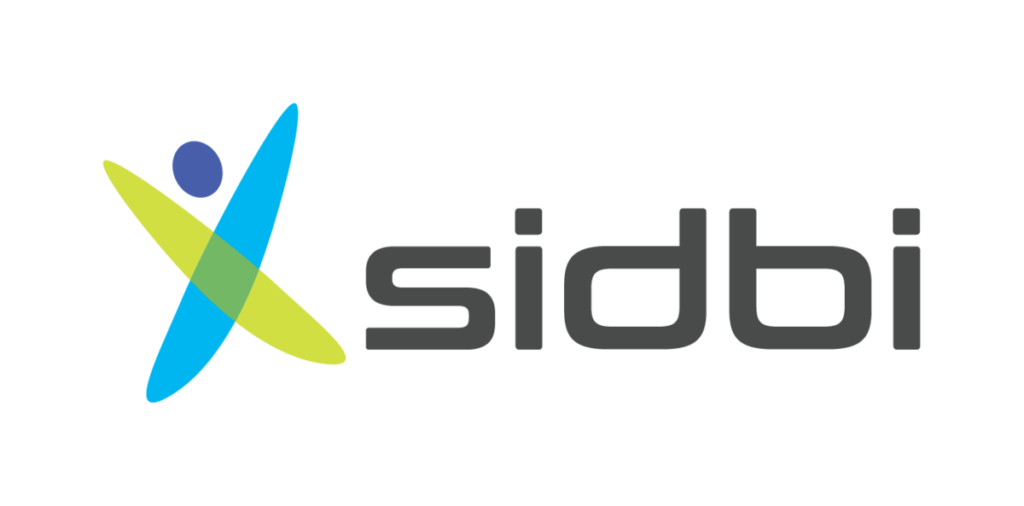
Key Points:
Capital Raising: – SIDBI plans to raise ₹5,000 crore in capital through a rights issue. – The capital will be used to fund growth and increase MSME lending. – The government is expected to contribute to the rights issue.
MSME Lending: – SIDBI aims to increase its MSME lending share to 25% from 17%. – Additional capital is required to support this growth.
Basel III Compliance: – SIDBI has graduated to Basel III and requires additional capital to meet regulatory requirements.
Jan Aushadhi Kendras: – SIDBI has launched a credit assistance program for Jan Aushadhi Kendras. – Loans and working capital assistance will be offered to small entrepreneurs. – The program aims to strengthen and modernize the network of Jan Aushadhi Kendras.
SBI Discloses Electoral Bond Transactions to Election Commission
The Election Commission of India has received electoral bond data from the State Bank of India (SBI) following a Supreme Court ruling. The data must be made public by March 15th. The SBI had initially requested more time to provide the data, but the Court dismissed the request and ordered the bank to submit the information by March 12th.

Key Points:
SBI Submits Electoral Bond Data – SBI has provided electoral bond data to the Election Commission of India. – The data must be made public by March 15th as per Supreme Court directions.
SBI’s Plea for More Time – SBI initially requested more time to provide the data, citing operational difficulties. – The Supreme Court dismissed the request and ordered SBI to submit the data by March 12th.
Contempt Petitions Against SBI – Non-government organizations filed contempt petitions against SBI for “wilful disobedience” of the Court’s orders. – The Court put SBI on notice and directed its CMD to file an affidavit.
Court’s Observations – The Court noted that the SBI’s matching process is time-consuming due to separate silos of information. – However, the Court emphasized that the required information is readily available with SBI.
KYC Documents Required – The Court pointed out that KYC documents are required for each electoral bond purchase, regardless of the purchaser’s SBI account status. – The details of electoral bonds purchased and redeemed are readily available, as per the Court.
Google Partners with ECI to Empower Voters with Essential Election Information
Google has partnered with the Election Commission of India (ECI) to provide accurate information on voting processes for the upcoming general elections. The collaboration includes authoritative information on Google Search and YouTube videos, as well as measures to combat misinformation and navigate AI content.
Key Points:
Collaboration with ECI: – Google is providing authoritative information on voting processes through Google Search and YouTube videos. – Information will be available in both English and Hindi.
Combating Misinformation: – Google is supporting Shakti, a consortium of news publishers and fact-checkers, to detect and address online misinformation. – Shakti will provide training and resources to news organizations and fact-checkers.
YouTube’s Synthetic Content: – YouTube will label all synthetic content to provide context to viewers. – Creators will be required to disclose when they have created altered or synthetic content.
Generative AI Products: – Google has implemented restrictions on election-related queries for its Generative AI products, such as Gemini. – The company is continuously improving protections for high-quality information.
Commitment to Elections: – Google is committed to working with government, industry, and civil society to provide accurate and helpful information for elections.
Bitcoin’s Surge: Causes, Sustainability, and Impact on Altcoins
Bitcoin has reached an all-time high, driven by institutional interest in Bitcoin ETFs and the upcoming Bitcoin halving event. Altcoins are expected to benefit from Bitcoin’s momentum.
Key Points:
Institutional Interest: – Approval of spot Bitcoin ETFs has attracted significant institutional investment. – Blackrock’s IBIT and Fidelity’s FBTC have accumulated over $12 billion and $7.5 billion in AUM, respectively.
Bitcoin Halving Event: – Halving reduces the reward for miners by 50%, decreasing the rate of new Bitcoin creation. – Historically, halvings have led to price increases due to limited supply and strong demand.
Altcoin Momentum: – Altcoins are expected to ride on Bitcoin’s glory. – Solana and Ethereum have shown significant growth in the past week. – Shib is predicted to follow a similar pattern.
Market Volatility: – Traders should be cautious of heightened volatility around the halving event. – Liquidations could be triggered due to volatile price movements.
UPI Integration Explored by ATM Ecosystem for Cash Deposits
The article explores the possibility of using UPI (Unified Payments Interface) for cash deposits at cash recycler machines (CRMs). Currently, UPI is used for cardless cash withdrawals at ATMs. The process for UPI-based cash deposits would be similar, with a QR code generated by the CRM for scanning and authentication through the UPI app. This innovation would allow customers to deposit cash into any account, meeting KYC requirements.
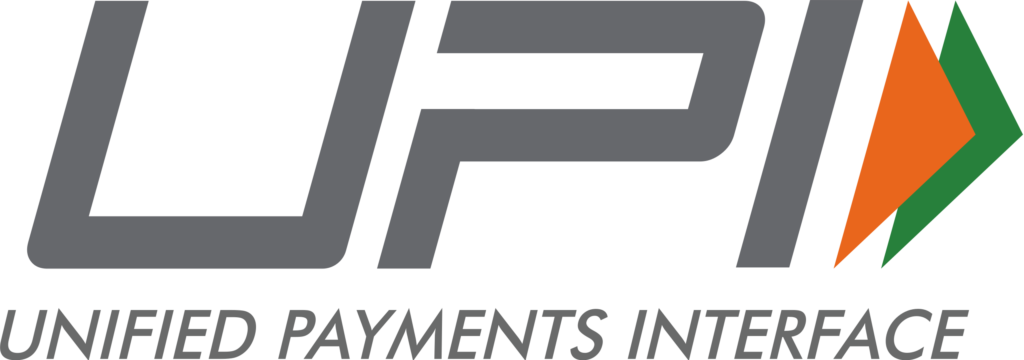
Key Points:
UPI Cardless Cash Deposit: – Similar process to UPI cardless cash withdrawal. – QR code generated by CRM for scanning and authentication. – Deposit can go to any account. – Meets KYC requirements.
Difference Between ATM and CRM: – ATM primarily dispenses cash. – CRM dispenses cash and accepts cash deposits.
Interoperable Cash Deposits: – Expected to gain momentum this year. – Allows cash deposits into own or third-party accounts.
UPI Overview: – Launched in April 2016. – Powers multiple bank accounts into a single mobile app. – Supports various payment options. – 560 banks live on UPI.
ATM Network: – 2.65 lakh ATMs under National Financial Switch network as of January 2024.
SCSS Interest Rate for April-June 2024 Quarter: Latest Update for Senior Citizens
The Senior Citizen Savings Scheme (SCSS) offers tax-free interest to individuals over 60 years of age or those who have retired. The interest rate for the April-June 2024 quarter remains unchanged at 8.2%. The scheme allows for a minimum deposit of Rs. 1,000 and a maximum of Rs. 30,00,000, with a tenure of 5 years that can be extended by 3-year blocks. The government has recently made several changes to the scheme, including extending the investment period for retirement benefits, allowing spouses of deceased government employees to invest, and clarifying the scope of retirement benefits.
Key Points:
Eligibility: – Open to individuals over 60 years of age – Retired individuals over 55 years of age – Retired military personnel over 50 years of age
Interest Rate: – 8.2% for the April-June 2024 quarter
Deposit Details: – Minimum deposit: Rs. 1,000 – Maximum deposit: Rs. 30,00,000 – Tenure: 5 years, extendable by 3-year blocks
Recent Changes: – Extended investment period for retirement benefits to 3 months – Spouses of deceased government employees can now invest – Clarification on the scope of retirement benefits – No limit on the number of extensions – Interest rate on extended deposits will be the rate applicable at the time of maturity or extended maturity.
Paytm Payments Bank Services to Undergo Changes on March 15: Details of Affected Services
The Reserve Bank of India (RBI) has imposed restrictions on Paytm Payments Bank Ltd (PPBL) due to non-compliance and supervisory concerns. Effective March 15, 2024, PPBL will no longer be able to accept new deposits or top-ups. However, customers can continue to withdraw funds, receive refunds, and use existing balances until then.
Key Points
Services Available After March 15, 2024
- Withdraw money from Paytm Payments Bank account
- Withdraw or transfer funds using debit card
- Receive refunds, cashbacks, sweep-in from partner banks, or interest
- Execute withdrawal/debit mandates (NACH)
- Use Paytm Payments Bank wallet money
- Receive cashbacks in wallet
- Close wallet and transfer balance to another bank account (full KYC wallets only)
- Use FASTag to pay toll (until balance is exhausted)
- Withdraw money from Paytm Payments Bank account through UPI/IMPS
Services Not Available After March 15, 2024
- Top-up or transfer money into Paytm Payments Bank wallet
- Receive money from others into Paytm Payments Bank wallet
- Transfer money into Paytm Payments Bank account
- Receive salary credits in Paytm Payments Bank account
- Receive subsidy or direct benefit transfers
- Recharge FASTag balance
- Transfer balance from old FASTag to new FASTag
- Transfer money into Paytm Payments Bank account through UPI/IMPS
India and UK Leaders Pledge to Strengthen Trade Ties, Modi Emphasizes
Indian Prime Minister Narendra Modi and British Prime Minister Rishi Sunak discussed the progress of the free trade agreement (FTA) negotiations between the two countries. They reaffirmed their commitment to conclude the FTA at the earliest, strengthening the bilateral comprehensive strategic partnership.
Key Points:
- Call between Modi and Sunak:
- The two leaders had a phone call to discuss the FTA negotiations.
- Reaffirmation of Commitment:
- Both leaders reaffirmed their commitment to strengthen the bilateral partnership.
- Early Conclusion of FTA:
- They agreed to work towards an early conclusion of a mutually beneficial FTA.
Delhi High Court Demands Response from RBI and SEBI Regarding Unlawful Lending Practices by Paisalo Digital
The Delhi High Court has issued notices to the Reserve Bank of India (RBI), Securities and Exchange Board of India (SEBI), and Paisalo Digital in response to a petition alleging unethical and unlawful lending practices by the non-banking financial company (NBFC). The petitioner claims that Paisalo Digital’s practices violate RBI’s Fair Practices Code and seeks an independent inquiry, forensic audits, and cancellation of the NBFC’s registration.
Key Points:
- Allegations of Unfair Lending Practices:
- Paisalo Digital is accused of engaging in unethical and unlawful lending practices.
- The petitioner alleges that the NBFC’s practices violate RBI’s Fair Practices Code.
- Petitioner’s Demands:
- Independent inquiry into Paisalo Digital’s lending practices.
- Forensic, transaction, and special audits of the NBFC’s accounts.
- Cancellation/suspension of Paisalo Digital’s registration.
- Delisting from the stock exchange.
- Paisalo Digital’s Response:
- The NBFC claims that the petitioner’s complaint to the RBI has been closed.
- It asserts that it entered into a clear contract with the petitioner regarding interest rates and penalties.
- SEBI’s Position:
- SEBI does not regulate the lending practices of NBFCs.
- The prayers sought against SEBI in the petition cannot be implemented.
- Petitioner’s Loan Details:
- The petitioner approached Paisalo Digital in 2018 for a loan takeover of Rs 12 crore.
- The loan was to be repaid in 60 months at a 17% flat interest rate.
- Outstanding Amount Dispute:
- Paisalo Digital initially showed an outstanding amount of Rs 15.93 crore.
- After taking possession of secured assets, the NBFC increased the outstanding amount to Rs 23.03 crore.
- The petitioner alleges that Paisalo Digital is demanding Rs 42.27 crore without a breakup.
- Paisalo Digital’s Press Statement:
- The NBFC denies any order directing an investigation into its lending practices.
- It claims that the petitioner has defaulted on the loan and is illegally disposing of mortgaged properties.
- Paisalo Digital has initiated legal actions against the petitioner.
Paytm’s Third-Party App License Approval Likely, but Banking Arm Faces Deadline Extension Denial
NPCI is expected to grant Paytm a third-party application provider license by March 15, allowing customers to continue using the Paytm app for payments after its banking unit winds down. However, the RBI is unlikely to extend the March 15 deadline for Paytm Payments Bank to cease operations.
Key Points:
NPCI License for Paytm: – NPCI likely to approve a third-party application provider license for Paytm by March 15. – This will allow customers to continue using the Paytm app for payments via UPI after the banking arm winds down.
RBI Deadline for Paytm Payments Bank: – RBI unlikely to extend the March 15 deadline for Paytm Payments Bank to wind down operations. – No further deposits or credit transactions will be allowed after March 15.
RBI’s Actions on Paytm: – RBI imposed restrictions on Paytm Payments Bank due to persistent non-compliances and supervisory concerns. – RBI Governor Shaktikanta Das emphasized that actions are in the best interest of the public and systemic stability. – RBI Deputy Governor Swaminathan stated that supervisory actions are preceded by months or years of engagement and are intended to protect consumers and the financial system.
RBI’s Future Actions: – RBI will work to minimize customer inconvenience caused by the Paytm Payments Bank closure. – RBI will continue to encourage and support the fintech space.
Utkarsh SFB Faces Potential Income Tax Liability of Rs 52 Crore
Utkarsh Small Finance Bank faces a potential additional income tax liability of Rs 52 crore for FY23 after the income tax department rejected its claim for a concessional tax rate. The bank had filed a return claiming a refund of Rs 2.3 crore, but the department has computed the tax liability based on the standard rate. Utkarsh intends to appeal the decision and pursue other legal options to have the demand deleted.
Key Points:
- Tax Dispute: Utkarsh Small Finance Bank faces a potential additional income tax liability of Rs 52 crore for FY23.
- Concessional Tax Rate Claim: The bank had opted for a concessional tax rate applicable to domestic companies and filed a return with a refund claim.
- Department’s Rejection: The income tax department rejected the bank’s claim and computed the tax liability based on the standard rate.
- Appeal and Legal Recourse: Utkarsh intends to file an appeal against the decision and pursue other available legal options to have the demand deleted.
- Previous Tax Benefit: The bank had been claiming the concessional tax rate since assessment year 2020-21 and had received the benefit in earlier years.
- Rectification Application Rejected: The bank’s rectification application under Section 154 against the department’s intimation was rejected.
Cabinet to Consider Extension of FAME Scheme on Wednesday
The Union Cabinet is expected to decide on extending the Faster Adoption and Manufacturing of (Hybrid &) Electric Vehicles in India (FAME) scheme, which ends on March 31. The Ministry of Heavy Industries has proposed two options: a two-year extension with a budget of Rs 10,000 crore or a four-month extension with a budget of Rs 500 crore. The scheme has supported the growth of the e-mobility ecosystem in India, with over 1.5 million EVs registered in 2023.
Key Points:
- Cabinet Meeting: The Union Cabinet is scheduled to meet on Wednesday to discuss the extension of the FAME scheme.
- FAME Scheme: The FAME scheme aims to promote the adoption and manufacturing of electric vehicles in India.
- Extension Proposals: The Ministry of Heavy Industries has proposed two options for extending the scheme: a two-year extension with a budget of Rs 10,000 crore or a four-month extension with a budget of Rs 500 crore.
- Subsidy Reduction: The ministry has proposed reducing the per kWh subsidy for electric two-wheelers (e2W) and electric three-wheelers (e3W) to approximately Rs 5,000/kWh.
- E-Mobility Growth: The FAME scheme has supported the growth of the e-mobility ecosystem in India, with over 1.5 million EVs registered in 2023.
- EV Penetration: The overall EV penetration in India has increased to 6.3% in 2023, up from 4.8% in 2022.
Breakthrough in Antiviral Therapy: Scientists Unveil Novel Drugs to Combat COVID-19 Infection
Scientists have discovered a new class of antiviral drugs that have the potential to prevent or treat COVID-19 infections. These drugs work by stimulating interferon production, which is a key part of the normal immune response. The study builds on earlier research that showed how HIV activates a pathway in cells that stops the production of peroxisomes and interferon. The team tried 40 existing drugs that target this pathway and found that three of them significantly reduced the amount of virus found in the lungs of mice. One of the drugs was also effective at reducing inflammation and other clinical symptoms.
Key Points:
- New Class of Antiviral Drugs: Scientists have discovered a new class of antiviral drugs that have the potential to prevent or treat COVID-19 infections.
- Interferon Production: These drugs work by stimulating interferon production, which is a key part of the normal immune response.
- Wnt/β-catenin Signaling Pathway: The drugs target the Wnt/β-catenin signaling pathway, which is activated by SARS-CoV-2 and stops the production of peroxisomes and interferon.
- Reduced Virus Production: Three of the drugs significantly reduced the amount of virus found in the lungs of mice.
- Reduced Inflammation: One of the drugs was also effective at reducing inflammation and other clinical symptoms in mice.
- Potential First-Line Drugs: These drugs could potentially serve as first-line drugs against emerging viruses.
Government Explores Alternative Funding Options for Fertiliser Subsidies
The government is considering discontinuing the financing of fertilizer subsidy receivables by banks. This move follows the implementation of the Direct Benefit Transfer (DBT) system, which provides subsidies directly to fertilizer companies based on actual sales. The government is reviewing the current exemption granted by the Reserve Bank of India (RBI) that allows banks to finance these receivables for 60 days.
Key Points:
1. Discontinuation of Financing Fertiliser Subsidy Receivables: – The government is discussing with banks the possibility of discontinuing the financing of fertilizer subsidy receivables.
2. Direct Benefit Transfer (DBT) System: – The government has implemented a DBT system for fertilizer subsidies, releasing subsidies directly to fertilizer companies based on actual sales. – Subsidy payments are processed weekly, eliminating any backlog. – The scheme uses POS devices for buyer identification, reducing irregularities.
3. Special Banking Arrangements (SBA): – The government previously used SBA to provide funds to fertilizer companies against subsidy claims. – This route was used when there was a fund shortage.
4. Concerns of Banks: – Banks have expressed concerns about the immediate discontinuation of the exemption, as it may impact the liquidity of fertilizer companies. – Subsidy receivables are a significant component in assessing the working capital needs of fertilizer companies.
5. RBI Exemption: – The RBI currently grants a special exemption that allows banks to finance fertilizer subsidy receivables for 60 days. – This exemption is being reviewed by the government.
6. Further Discussions: – The government may hold further talks with RBI before making a final decision on discontinuing the financing of fertilizer subsidy receivables.
Proposed Digital Competition Legislation to Rein in Tech Giants
A government panel has proposed a new digital competition law to address potential antitrust concerns involving large tech companies. The law would apply to “systemically significant digital enterprises” (SSDEs) with a significant presence in India. It would establish a set of dos and don’ts to prevent abuse of dominance and other anticompetitive practices.
Key Points:
Scope of the Law: – Applies only to “systemically significant digital enterprises” (SSDEs) with a significant presence in India. – Excludes small firms to avoid stifling innovation.
Penalties: – Violations of the law could result in penalties of up to 10% of the relevant entity’s global turnover.
Ex-Ante Framework: – The law would proactively monitor the behavior of large digital enterprises to prevent anticompetitive conduct. – The Competition Commission of India (CCI) would intervene before such conduct occurs.
Thresholds for SSDEs: – Indian turnover threshold: ₹4,000 crore annually. – Global turnover threshold: $30 billion. – Government has the power to exempt certain enterprises or classes of enterprises.
Core Digital Services: – The law would apply to a pre-identified list of core digital services susceptible to concentration. – The list would be periodically updated to reflect the evolving digital landscape.
Significant Presence Test: – SSDEs must pass a twin test to demonstrate significant presence: – Significant financial strength (based on turnover, market capitalization, etc.) – Significant spread (based on the number of end-users and business users)
Self-Assessment and Reporting: – Enterprises are obligated to self-assess their fulfillment of the thresholds and report to the CCI.
RBI Seeks Information on Gold Loan Frauds
The Reserve Bank of India (RBI) has requested banks to provide information on gold loan frauds, recovery actions, and portfolio defaults. This request follows the discovery of fraudulent practices by employees of two state-run banks to meet gold loan targets. The RBI aims to assess the nature of frauds not captured by existing reporting systems and sensitize lenders.
Key Points:
- RBI Request for Information:
- Banks asked to share data on gold loan frauds, recovery actions, and defaults.
- RBI seeks to review lending processes for compliance with gold loan guidelines.
- RBI’s Access to Data:
- RBI can access information from Crilc and Cibil for large and small-ticket loans, respectively.
- However, the RBI requested additional information from banks to understand the nature of frauds not captured by these systems.
- Whistleblower Complaint:
- Employees of some banks allegedly collaborated with customers to obtain collateral-free gold loans.
- Money was credited back to the bank as repayment, creating a lien against it.
- Processing fees were paid from the branch’s expense account, and interest payments were avoided through system manipulation.
- RBI’s Response:
- RBI sent a letter to banks requesting information around the time it banned IIFL Finance from issuing new gold loans.
India’s Current Account Deficit Projected to Fall Below 1% in Fiscal Year 2024
India’s current account deficit (CAD) is projected to narrow to less than 1% of GDP in FY24 due to reduced goods trade deficit, increased net services receipts, higher remittances, and macroeconomic stability. However, it is estimated to rise slightly to 1.3% in FY25. India can sustain global crude oil prices up to $90/bbl, but lower prices would be beneficial.
Key Points:
Forecast:
- CAD in FY24: Less than 1% (UBS)
- CAD in FY24: 1% (IDFC First Bank)
- CAD in FY24: 1.1% (Elara Global Research)
Factors Contributing to Narrowing CAD:
- Contained goods trade deficit
- Improved net services receipts
- Increased remittances
- Macroeconomic stability
Risks to CAD:
- High global oil prices
- Geopolitical crisis affecting supply chains
Impact of Bond Index Inclusion:
- Potential $30 billion inflow
- Surplus in capital account
UBS GDP Forecast:
- FY25: 7%
- FY24: 7.6%

